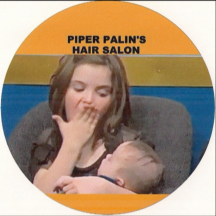
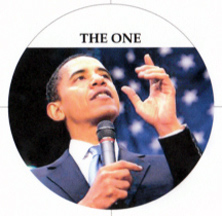
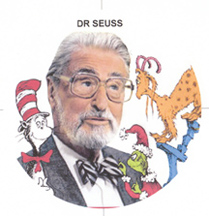
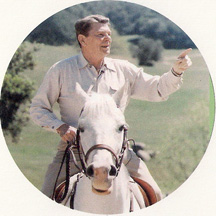
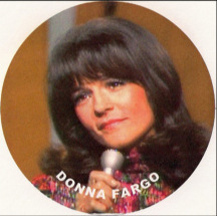
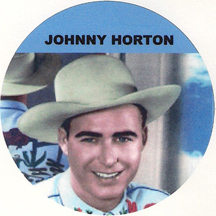
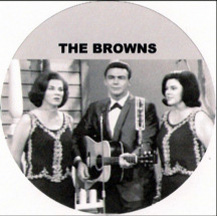
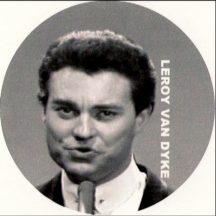
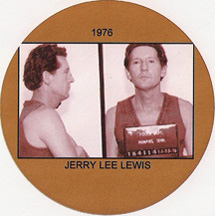
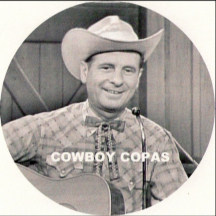
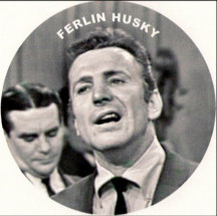
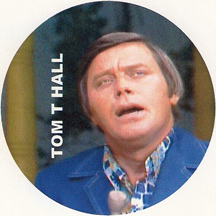

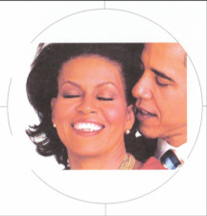
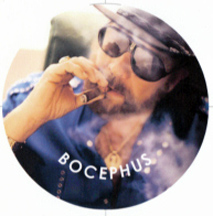
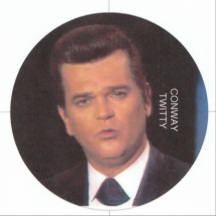


















SONG TITLE: IN THE GHETTO
PERFORMER: ELVIS PRESLEY
SONGWRITER: MAC DAVIS
YEAR OF RELEASE: 1969
-------------------------------------------
SONG TITLE: GANGSTA'S PARADISE
PERFORMER: COOLIO (FEATURING LV)
SONGWRITER: ARTIS IVEY JR. - LARRY SANDERS - DOUG RASHEED - STEVIE WONDER
YEAR OF RELEASE: 1995
COMMENTS: If it were a judgement of who has the best street credibility in understanding The Black Problem, certainly Coolio and Stevie Wonder would have it hands down over Mac Davis. Mr. Davis' hack countrypolitan schlock hits such as "Baby Don't Get Hooked on Me" and "Stop and Smell the Roses" made him an unholy John the Baptist to the anti-christ in his incarnation known as "Kenny Rogers." Surely there are few people less cool than Mac Davis.
However, the picking for this list is mostly based on the songwriting, and especially the melody. On that basis, you got to give it up for this composition. In the carefully spaced little dramatic phrases of the melody he builds up the picture. He builds up some beautiful dynamics and some real feeling like I never heard on a record in his own name.
The obvious question, of course, is how much of that feeling and those dynamics came from MD and how much from the singer. Indeed, it is hard to compare this to a regular record because... well, because it's Elvis. The baggage that Presley carries as an icon and people's reaction to his complicated personal charisma tend to wage undue havoc on people's ability to actually listen to how he sings. Beyond anything else, this specific recorded vocal performance is one of the half dozen best candidates to be Exhibit A if one were to find it necessary to defend Elvis' actual vocal chops. Also, Presley certainly knew what it felt like to be a poor boy with no prospects. His response to this hopeless dilemna was the radical step of becoming Elvis Presley.
Proper credit must also be granted to the arrangement and performance of Chip Moman's American Studio house band. This is from the 1969 Memphis sessions that produced "Suspicious Minds" and "Kentucky Rain." The quietly understated martial drums, the dramatic strings and backing vocals, and the relentless little circular acoustic guitar figure, all of these things combine to make a perfect platform for Presley to put his heart into it and put one down for the record books.
Overall, this song shows that you don't have to know Ebonics to appreciate the suffering and the frustration and the human tragedy of poor folk. Elvis was certainly an authority on the topic of poor folk.
Don't misunderstand, though - "Gangsta's Paradise" is an outstanding piece of songcraft in its own right. Coolio took one key hook from an old also-ran song of Stevie Wonder's and built a whole new song. He surely does much more with it than Stevie did, which is probably why Coolio's song was like 100 times more popular.
Yeah, the "We've been spending most our lives living in a gangsta's paradise" part from Stevie's song grounds the song as the chorus, but the meat of the thing is Coolio's rap. He defines a unique street rap smoothed out on the r&b pop tip, with just a twist of the sing song quality of Jamaican patois ("Me be treated like a punk? You know that's unheard of."). Or to express the point differently, this song works as r&b dance music, street rap and as a Top 40 radio song all at the same time - no small feat. The anxiously rising strains of Coolio's apology for a gangsta have a memorably crafted development that explains the pop appeal of the record and make it a tune that will stand up to the Muzak test quite nicely with no words at all. If you doubt the viability of the tune, listen to some of the numerous parody versions, from Weird Al Yankovic's "Amish Paradise" to the Rush Limbaugh show version "Al Gore's Paradise."
Also note the nuances of emotion in the song, which give the song much of its lasting appeal. When you've heard it once, you will remember the hooks, but there are lots of subtle emotional shadings in the song and the words. There are streaks of despair, some of territory guarding menace, some of boastful pride, some hints of a stirring of religious transcendence. There are a lot of little things to pick up on repeated listenings.
Also, this is a very classy arrangement and production which sets off Coolio's composition quite nicely. The sparing strokes of strings set off the understated drum track. This record is largely built on the human voices in the arrangement. Of course we've got to give a shout out to LV's gospel singing on the chorus. Recognition must also be awarded for the harmony vocals which only fully jump out when they stand alone at the end to complete the song.
To Al's Main Music Sustains the Soul Page
01/ 02/ 03/ 04/ 05/ 06/ 07/ 08/ 09/ 10/ 11/ 12/ 01/ 03/ 04/ 05/ 06/ 07/ 08/ 09/ 10/ 11/ 12 01/ 02/ 03/ 04/ 05/ 06/ 07/ 08/ 09/ 10/ 11/ 02/ 03/ 04/ 05/ 06/ 07/ mariah carey pictures beatles pictures white stripes pictures parliament funkadelic p-funk pictures frank zappa pictures jerry lee lewis pictures richard pryor photos june carter johnny cash pictures vic mackey shield pictures macy gray pictures elvis presley pictures wf dolly parton pictures tori amos pictures joaquin phoenix images kate winslet images peter lorre images